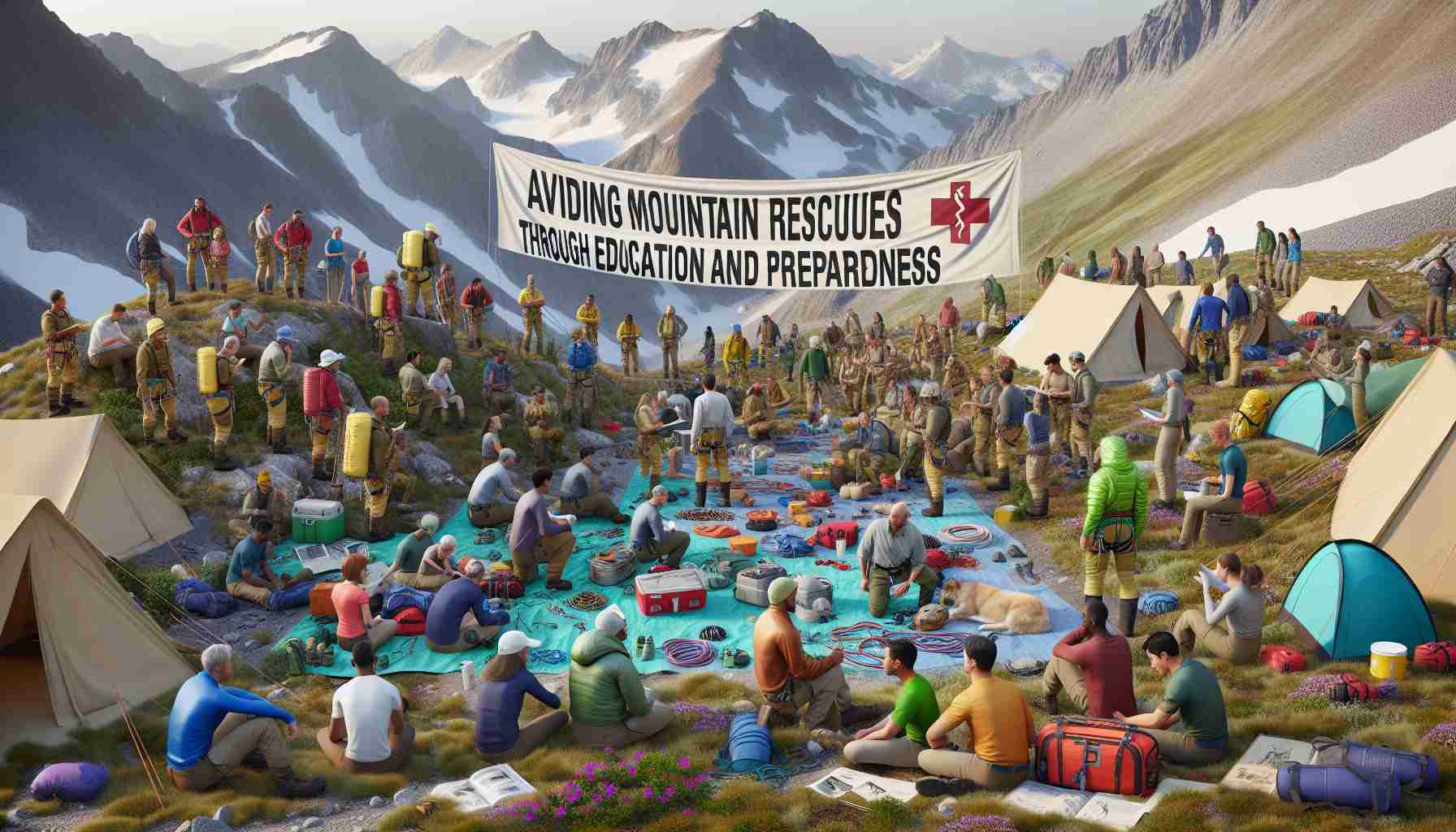
Avoiding Mountain Rescues Through Education and Preparedness
Innovative Measures to Promote Safety
In response to the recent incidents at Teide’s peak, the Tenerife government is spearheading a proactive approach to minimize mountain rescue operations. Instead of focusing solely on penalties, the emphasis is shifting towards education and preparedness to prevent risky situations.
Raising Awareness and Legal Clarity
The official has underscored the importance of adequate gear and knowledge for mountain excursions. Aiming to deter reckless behavior, the Tenerife authorities are diligently working on new regulations to penalize imprudence in high-altitude environments.
Emphasizing Responsibility
The government’s stance is clear: while accidents can happen even to the most experienced individuals, endangering rescuers due to preventable negligence is unacceptable. The focus is now on fostering a culture of responsible mountain adventuring.
Collaborative Efforts for Enhanced Safety
Following a recent summit addressing the surge in rescue operations, stringent measures have been implemented. Temporary restrictions on hikers have been instituted to ensure safety during critical hours, urging the public to prioritize precaution during alert periods.
Education Over Sanctions
Rather than solely relying on financial penalties, the government is creating a framework that emphasizes education, preparedness, and mutual responsibility in outdoor activities. By promoting these values, the aim is to prevent incidents and safeguard both hikers and rescue teams alike.
Comprehensive Strategies for Mountain Safety
In light of the ongoing initiatives in Tenerife to enhance mountain safety and reduce the need for rescue operations, there are critical questions to consider to address the broader landscape of this issue:
1. What educational programs are being implemented to enhance mountain safety awareness?
Educational programs focused on mountain safety are crucial to equip hikers with the necessary knowledge and skills to navigate challenging terrains. These programs may cover topics such as trip planning, emergency preparedness, navigation techniques, and weather awareness.
2. How can advanced technology aid in preventing mountain rescue situations?
Utilizing advanced technology such as GPS tracking devices, emergency beacons, and mobile apps can significantly improve hikers’ safety by providing real-time location data and communication capabilities in case of emergencies.
Key Challenges and Controversies:
– Access to Remote Areas: One of the challenges in promoting mountain safety is the accessibility of remote areas, where hikers may encounter difficulties in receiving timely assistance during emergencies.
– Resource Allocation: There could be controversies regarding the allocation of resources for mountain safety education versus conducting rescue operations, highlighting the importance of striking a balance between prevention and response.
Advantages and Disadvantages:
– Advantages: Proactive education and preparedness initiatives can empower hikers to make informed decisions, potentially reducing the number of rescue operations and enhancing overall safety outcomes.
– Disadvantages: Implementing stringent regulations and restrictions may deter some individuals from engaging in outdoor activities, which could impact tourism and recreational opportunities in mountain regions.
For further insights into mountain safety and preparedness, visit MountainSafety.co.uk.